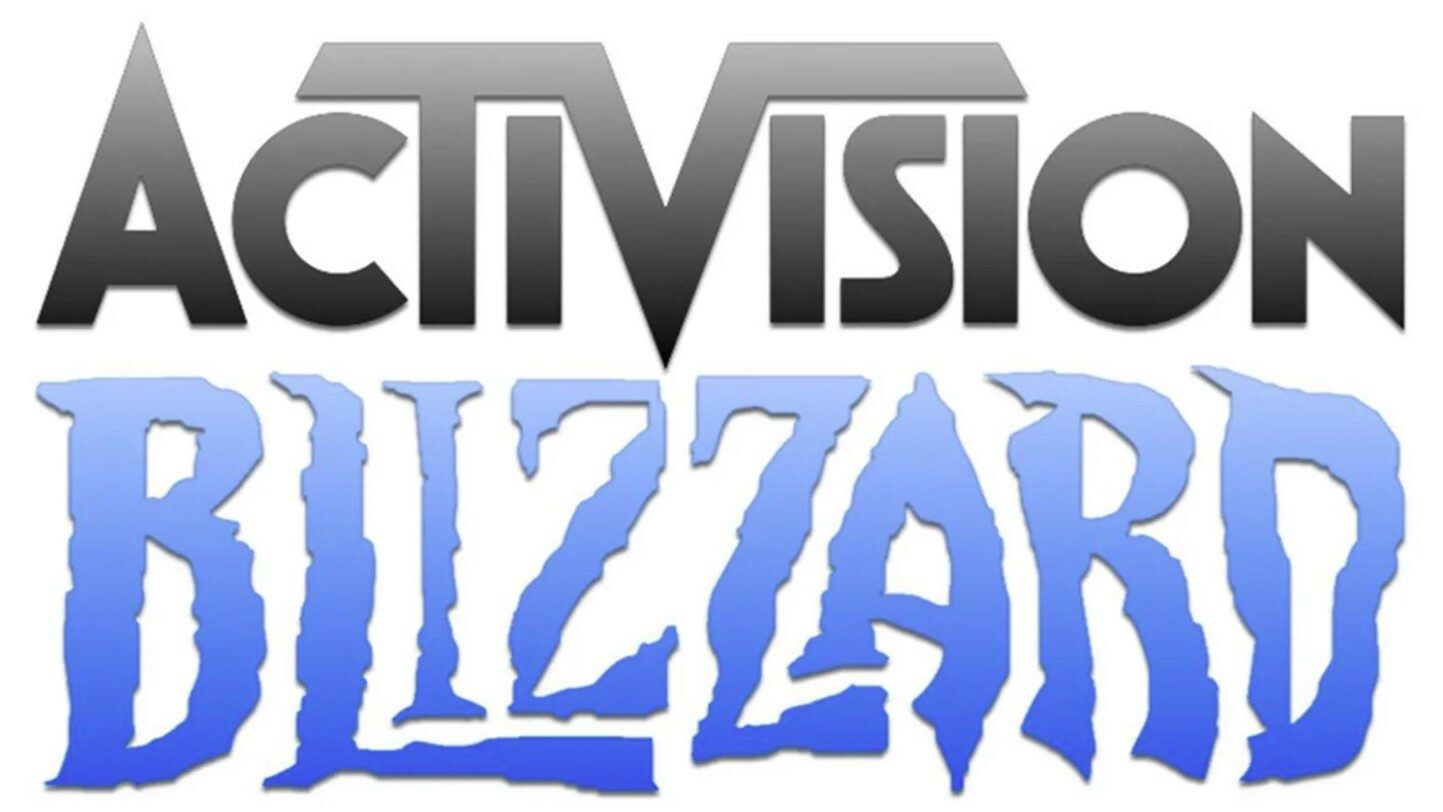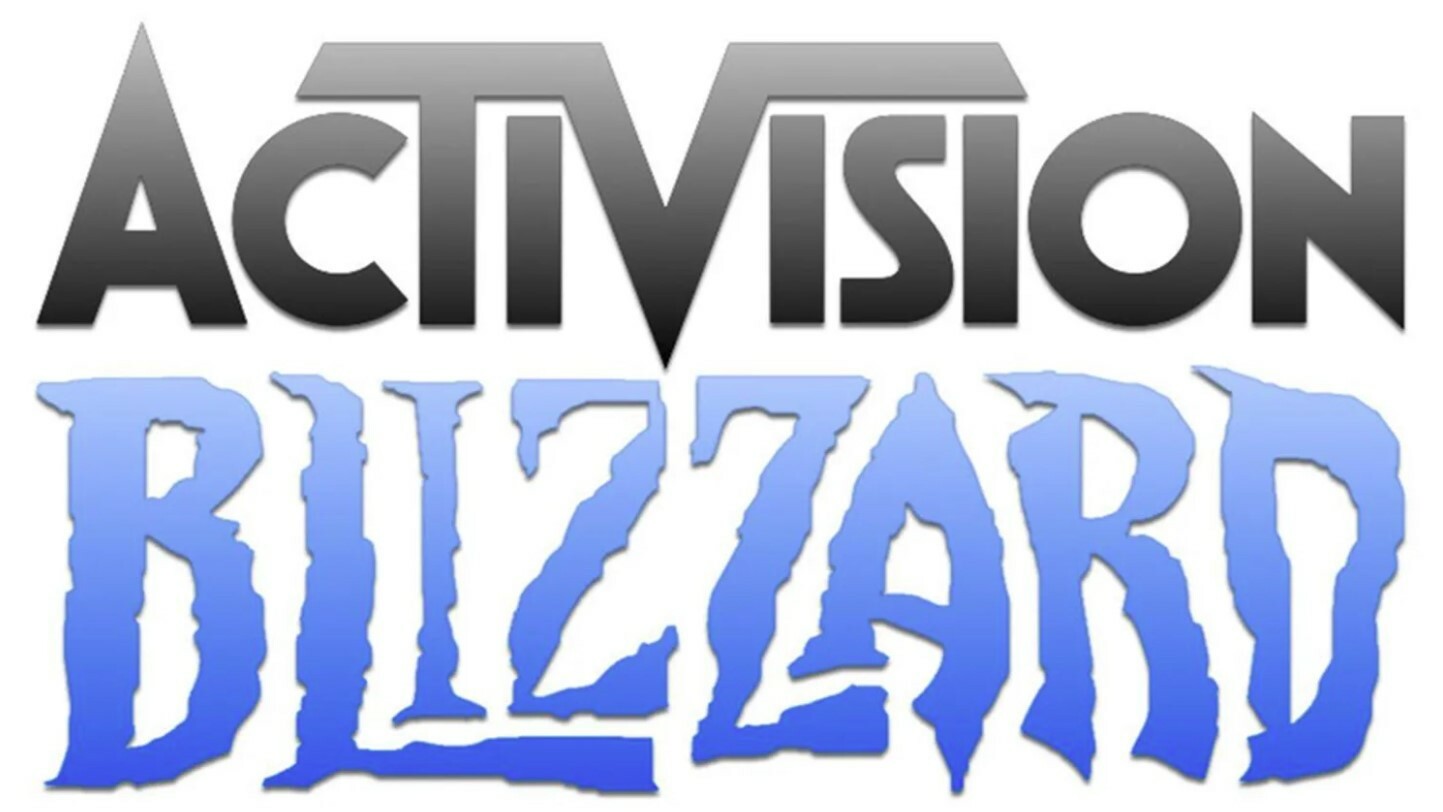A policy Activision Blizzard used in their Call of Duty and Overwatch leagues made the US Government take a closer look.

The last few years have been quite turbulent for Activision Blizzard, with a lot of allegations from employees and drama surrounding their games. During all of this, they even got into trouble with the US Government about their Esport policies. Specifically, the Justice Department accused them of suppressing salaries of Esport players.
Activision's Trouble With The Government
At the core of the trouble is a specific policy Activision had in their Call Of Duty and Overwatch leagues called the "Competitive Balance Tax". With this, they essentially controlled the budget of every team and the salaries of the players.
Here is an explanation from the US government on how it worked:
Under these rules, which Activision called the “Competitive Balance Tax,” teams were fined if their total player compensation exceeded a threshold set by Activision each year. For every dollar a team spent over that threshold, Activision would fine the team one dollar and distribute the collected sum pro rata to all non-offending teams in the league. For example, if Activision set a Competitive Balance Tax threshold of $1million, a team that spent $1.2 million on player compensation in a season would pay a $200,000 fine, which would be distributed to the other teams.
So every team had the same budget to work with. Apparently the purpose was to lessen the competition between players. Of course in practice this means a better player can either not be paid, what he would deserve or a team offers him a high sum, but then underpays the rest of the players.
This principle isn't too outlandish. The NBA works similarly to this rule, but here the deal was negotiated with a player's union, which wasn't a thing yet in an emerging field like Esport. So Activision had full control on the sum they set and gave them a tool to influence the leagues.
In 2021 the company was warned thattheir tax might be illegal, which resulted in them backpedaling. Activision announced to their leagues that the policy would no longer be implemented or enforced.
Now a settlement has been reached in the case, but Activision continues to stand by their policy:
The tax was never levied, and the leagues voluntarily dropped it from our rules in 2021. We have always believed, and still believe, that the Competitive Balance Tax was lawful, and it did not have an adverse impact on player salaries.
Exactly what I would say as multimillion-dollar company. Honestly, even though Activision dropped the tax in 2021, it still feels uncomfortable. We don't know, how the company might have used it before to manipulate the esport scene and if it had actually cost good players their fair share of money.






























